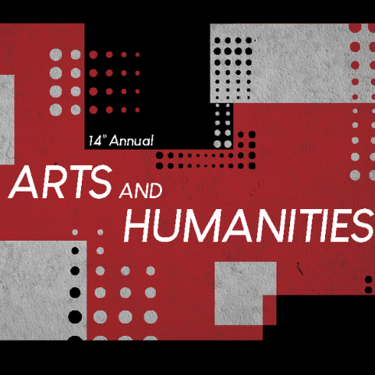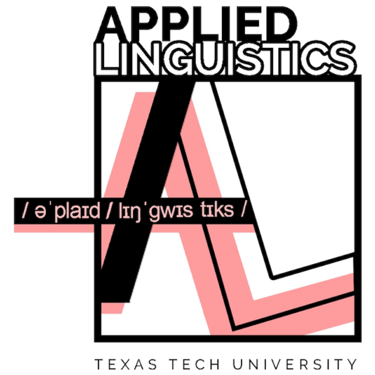In this study, we explored how incorporating discussions in the first language (L1) can improve second language (L2) reading comprehension. Our findings shed light on the efficacy of utilizing learners' L1 as a tool to deepen their understanding and foster meaningful engagement in L2 reading classrooms.

Facilitating L2 Reading Comprehension through L1 and L2 Group Discussions


Saudi EFL College Students' Reading Comprehension of Religious Texts: Site of tolerance or struggle?
(Almalki & Alzahrani, 2024)
(Almalki & Alzahrani, 2025)

Multimodal Corpus Analysis of Gender Representation in EFL Textbooks in Saudi Arabian Public Schools
(Almalki, in press)
This chapter examined how L2 text comprehension of religious texts is influenced by the language of discussion (L1 & L2). The L1 group was better at identifying the origin of religious texts and rejected texts that were not from their religious background. In contrast, the L2 group focused on similarities between the texts. Using L2 may encourage less emotional responses.
In this corpus study, both the text and illustrations were examined to investigate how genders are represented in EFL textbooks. The findings suggest that women are underrepresented in EFL Saudi textbooks. Moreover, they were portrayed in a stereotypical manner through the activities in which they engaged as well as their occupations.

Writing Difficulties Faced by Saudi EFL Learners: A Review of Literature
(Almalki, 2020)
This review of literature presented the difficulties Saudi EFL learners face in academic writing. It included shortcomings from students, teaching faculty, and educational institutions, as well as potential solutions to these challenges. Error patterns made by students, mainly in grammar and vocabulary, were noticed across the literature. Additionally, affective factors, such as motivation and writing anxiety, were discussed.
Conferences


Exploring Emotionality in L1 and L2 Writing: The role of the foreign language effect. 14th Annual Conference of Arts and Humanities.


When Feedback Feeds Forward. Conference of Applied Linguistics and Intercultural Communication in Higher Education (CALICHE).
This study investigated the impact of explicit and implicit feedback on processing Spanish passive structure. 99 L2 Spanish learners read passive sentences in Spanish and either did not receive feedback (control) or received feedback (implicit or explicit). Their eye-tracking measures indicated that when participants received implicit feedback, they processed the subsequent passive sentence more efficiently.
This study explored emotional differences in L1 and L2 writing. A total of 40 written pieces in L1 and L2 were analyzed. The analysis included: (1) comparing linguistic and emotional features across L1 and L2 texts and (2) examining intra-participant variations between L1 and L2 writing. Results indicated that L1 texts exhibited greater linguistic complexity and emotional engagement, often reflecting personal beliefs, while L2 texts were more neutral in tone.
Language as a Mirror of Society: Exploring gender positioning in education and emotionality in L1 and L2 writing. Conference of Applied Linguistics and Intercultural Communication in Higher Education (CALICHE).
(Almalki, 2025)
This presentation examined how societal norms and beliefs shape language education. The first part included a multimodal corpus analysis of EFL textbooks, which revealed that women are underrepresented and often depicted in stereotypical roles. The second part explored how writing differed in L1 and L2. It showed how emotional expression is affected by various factors, including proficiency, topic, and the imagined audience associated with each language. Together, these two studies highlight the need for inclusive, culturally aware, and emotionally responsive language education.


Heritage Language Anxiety: A NIPA Exploration of the Lived Experiences of a Spanish Heritage Learner. Céfiro.
This study explored the lived experiences of a heritage language speaker of Spanish through Narrative Interpretative Phenomenological Analysis (NIPA), a novel storytelling-centered methodology that views personal narratives as a key to understanding how individuals make sense of significant life experiences. This approach highlights unique individual experiences that may be overlooked in large-scale studies. Findings revealed that challenges relating to language anxiety, identity, and belonging were faced outside the classroom.
(Almalki et al., 2025)
(Almalki, 2024)
(Lee et al., 2024)
Books
Maha: A song of abandonment


Three-year-old Maha left Istanbul with her Syrian parents and arrived in Sweden as a refugee, only to face a new set of difficulties. When Maha is attacked by a person she trusts deeply, her trauma, guilt, and shame overwhelm her, making even everyday, mundane tasks challenging for her.


Never Stutter Again
Learn how to stop stuttering using a proven, step-by-step, systematic approach. Start speaking in natural, spontaneous situations, without thinking and planning what to say next!


Power Unknown to God
The awakening of the kundalini or the cosmic energy in a human body is a rare phenomenon which defies the logic and rational explanation by modern science. The author has narrated his direct experiences with this energy in great detail in this book.
(Translator)
(Translator)
(Translator)
